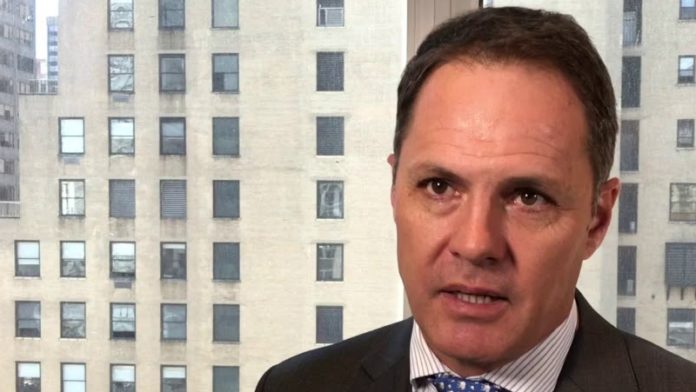
DRDGold CEO Neil Pretorius says the company is extremely well placed at current gold prices of around R800,000/kg to continue with its expansion plans although these would executed in an “incremental way” depending on the situation in South Africa.
He was speaking after the release of DRDGold’s results for the year to end-June which reported a doubling in headline earnings to 168.4c a share (previous financial year – 82.4c a share) from an average gold price received of R917,996/kg (R768,675/kg).
Pretorius commented the spike in the gold price to levels above $2,000/oz last year – which pushed the rand gold price to around R1m/kg – was “ attributable to global panic. It cannot be used as a benchmark.”
He added, “we love to make super profits but that’s abnormal. The gold price is now stagnating but around healthy levels which allow us to plan the capex for the development of our resources.
“We are not having to rethink any of our resources. If the gold price sticks in a range around R800,000/kg then we are in business. We are currently in much better shape than we have been in for at least seven out of the last ten years. “
Pretorius stressed DRDGold’s “survivability” commenting the group could “keep things going” at much lower gold prices through cutting out non-essential costs and deferring non-essential capex.
“We are really robust. We can take gold prices even below R600,000/kg if it comes to it. We would not be able to carry on indefinitely and the share price would tank significantly but the fact is the business will still be around when the cycle turns again.
“Our resilience today is very different to the situation that existed eight to ten years ago. We have a lot more headroom and agility in managing the cost profile and maintaining the business. This is a company with a well-developed ability to survive and survival is key.”
In February, when DRDGold reported its interim numbers, Pretorius sounded a warning over the possible impact on the group’s expansion plans of South Africa’s political environment which was negatively affecting the country’s ability to attract investment.
Asked for his current view Pretorius said he remained cautious over the investment situation in South Africa but for different reasons, in particular the worrying growth in crime and anarchy in the country.
He commented, “the expropriation without compensation proposal seems to be running out of steam which is encouraging. If property ownership rights were subject to political discretion then investing money in this country would be border line irresponsible.
“What is not encouraging is that our government seems to be limited in its capacity to protect our citizens against anarchy.”
Pretorius said the impact of this on the mining sector was the rise of a “clear and emerging risk” affecting mines from a sophisticated criminal element which was beyond the capacity of the state to protect the industry from.
“The same factor applies to the infrastructure that you build; how vulnerable it is and what sort of design changes you need to implement to protect it. So, when you talk about capex in South Africa it’s not just about opportunity.
“ A very large part of that conversation is about risk because your infrastructure gets stolen. There’s wholesale plundering taking place in terms of infrastructure. So we still plan as big as we can but we execute incrementally with due regard to all of these risks. “











